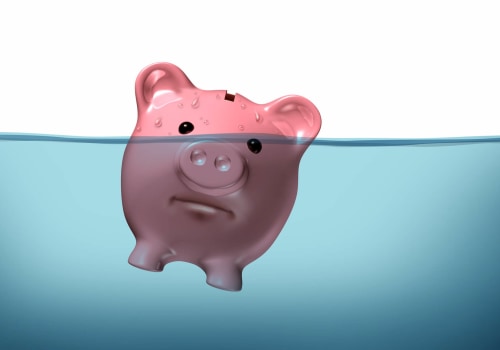An economic difficulty occurs when we have determined that the tax prevents you from covering basic and reasonable living expenses. For the IRS to determine if a lien is causing economic hardship, it will generally need you to provide us with financial information, so be prepared to provide it to you when you call. There is an economic difficulty if a taxpayer cannot afford reasonable basic living expenses. We will gather your financial statements along with the documentary evidence necessary to demonstrate to the IRS a case of financial or personal hardship.
If you are unable to make any payments at this time, you may be eligible for current non-collectable status, which is a temporary condition that the IRS will deposit in your account until your situation improves or until the deadline for collecting the taxes due expires (usually 10 years). If you owe back taxes and are unable to pay them because of your current economic situation, you may be eligible for difficult economic status from the IRS, technically known as a currently non-taxable state. If you are an individual taxpayer and believe you qualify for financial hardship status from the IRS, you can apply by completing Form 433A or 433F. You may qualify for the IRS economic hardship program if you can't pay taxes after paying basic living expenses.
If you have a C corporation, an S corporation, or a partnership and you think you qualify for economic hardship status from the IRS, you can apply by completing Form 433B. The IRS financial hardship program is designed to help taxpayers who would not be able to cover their necessary living expenses if they had to pay their tax bills. So, while you're in the IRS tax hardship program, it's a good idea to draw up a tax relief plan. If you're having trouble making ends meet and can't pay your taxes, you may be eligible for a difficult financial situation from the IRS.
The IRS can accept that you have financial difficulties (economic difficulties) if you can show that you can't pay or can barely afford your basic living expenses. If you have some taxes included in the IRS economic hardship program, but you want to pay current taxes, there are options. While you're going through financial difficulties from the IRS, you'll be protected from IRS collection methods, such as seizing assets, seizing your paycheck, or collecting money directly from your bank account. Before applying for the status of a person with financial difficulties from the IRS, you should consider submitting an offer of transaction, also known as liquidation.







